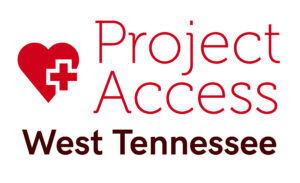“We’ve all had mentors,” says Catherine Womack, M.D., Associate Dean of Student Affairs and Admissions at UTHSC. “We saw in them methods and ideas that we wanted to emulate when we practiced. I remember my mentor to this day, whether he knew it at the time or not. He was so kind to his patients, and he treated them with so much respect. I knew that was what I wanted to do. I believe it is important for practicing physicians to continue this tradition and to give back to those in training. It is how we build a community of strong physicians.”
After hearing many similar stories, Memphis Medical Society now offers a mentor program. Community physicians are asked to accept one mentee for six months with a goal of at least three impactful meetings or experiences. These can range from grabbing coffee together or meeting over Zoom to clinical shadowing opportunities. “Our students have wonderful academic mentors. What they need is to see community physicians truly in practice,” says Womack. “We need to teach them how to be good doctors like us.”
The program’s time commitment is fluid. The interactions are key. “To me, being a mentor means helping someone find the perfect residency fit for them and offering experiences they would not otherwise have. This means something different for each student and physician. It could be as easy as answering a student’s questions about real-world experiences that they may not have anyone else to ask,” says Womack. “Through the school, we can provide all the match data needed for the students. We have plenty of resources to share with the students and mentors. The mentor is the connection to actively practicing medicine in a community.”
Memphis Medical Society is currently seeking mentors in every specialty. Becoming a mentor is as easy as filling out a form. MMS will then pair a mentor with a mentee. At this point, the relationship is in the hands of the physician and student; however, MMS can offer supportive materials, data and more.
Please consider becoming a mentor.







